 Dr. Huda Zoghbi was awarded the National Order of the Cedar, Knight grade by Lebanese President General Michel Aoun at a ceremony held in January at the Presidential Palace in Baabda.
Dr. Huda Zoghbi was awarded the National Order of the Cedar, Knight grade by Lebanese President General Michel Aoun at a ceremony held in January at the Presidential Palace in Baabda.
Zoghbi is the founder and director of the Jan and Dan Duncan Neurological Research Institute (NRI) at Texas Children’s Hospital and Baylor College of Medicine, a Howard Hughes Medical Institute investigator, and holds the Ralph D. Feigin, MD, Endowed Chair in Pediatrics.
This prestigious honor touches close to home as Zoghbi was born and raised in Beruit, Lebanon’s capital and largest city. She received her Bachelor of Science degree from American University Beirut (AUB).
“It is an honor for AUB and indeed for Lebanon that the President of the Republic of Lebanon has conferred on Huda Zoghbi the Order of the Cedar,” said American University Beirut President Fadlo R. Khuri. “Thus, the greatest and most decorated scientist to have completed her undergraduate education at our university over the last several decades, a woman whose work is transforming the science and medicine of some of the world’s most serious neurological diseases, is now recognized by her native country’s highest award.”
Zoghbi’s hard work and dedication to the medical field spans through Texas Children’s and beyond. The National Order of the Cedar is a public service award and Lebanon’s highest honor.
“I am deeply honored and humbled to receive this great honor,” Zoghbi said. “I owe a lot of gratitude to my family who shaped me and to the institutions that educated me: Makassed and the American University of Beirut. I feel fortunate that I grew up and spent my formative years in Lebanon and I hope the culture that inspired me to seek knowledge will continue to inspire and empower the youth of Lebanon.”


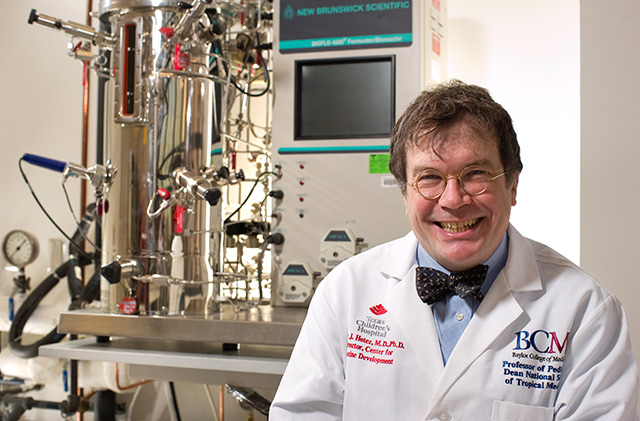 Texas Children’s Hospital recently received a $1.9 million grant from The Robert J. Kleberg Jr. and Helen C. Kleberg Foundation to support Texas Children’s Hospital Center for Vaccine Development (CVD), advancing the efforts to develop a vaccine against Chagas disease.
Texas Children’s Hospital recently received a $1.9 million grant from The Robert J. Kleberg Jr. and Helen C. Kleberg Foundation to support Texas Children’s Hospital Center for Vaccine Development (CVD), advancing the efforts to develop a vaccine against Chagas disease.

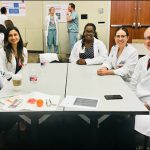

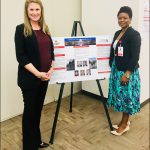
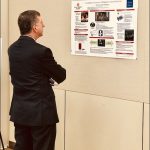
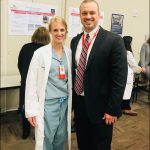
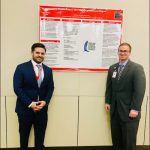



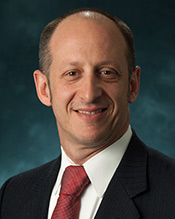 Dr. Jordan Orange, professor of pediatrics and chief of the section of Immunology, Allergy and Rheumatology at Baylor College of Medicine, and the director of the Center for Human Immunobiology at Texas Children’s, is the recipient of the 2018 Edith and Peter O’Donnell Award in Medicine from The Academy of Medicine, Engineering and Science of Texas (TAMEST).
Dr. Jordan Orange, professor of pediatrics and chief of the section of Immunology, Allergy and Rheumatology at Baylor College of Medicine, and the director of the Center for Human Immunobiology at Texas Children’s, is the recipient of the 2018 Edith and Peter O’Donnell Award in Medicine from The Academy of Medicine, Engineering and Science of Texas (TAMEST). Texas Children’s Pediatric and Adolescent Gynecology Division was recently awarded an NIH Small Business Innovation Research grant via Biotex Inc. to develop vaginal stents that will help vaginal reconstructive patients heal.
Texas Children’s Pediatric and Adolescent Gynecology Division was recently awarded an NIH Small Business Innovation Research grant via Biotex Inc. to develop vaginal stents that will help vaginal reconstructive patients heal.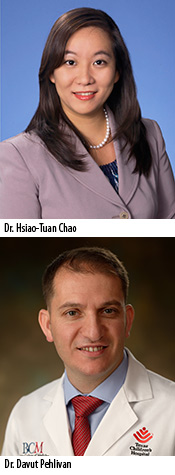
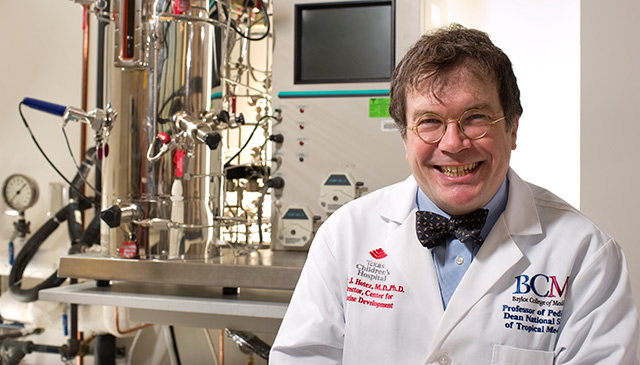 Dr. Peter J. Hotez is the 2017 recipient of the Raymond and Beverly Sackler Award for Sustained National Leadership for his far-reaching work in the areas of neglected tropical disease (NTD) research and vaccine development.
Dr. Peter J. Hotez is the 2017 recipient of the Raymond and Beverly Sackler Award for Sustained National Leadership for his far-reaching work in the areas of neglected tropical disease (NTD) research and vaccine development.